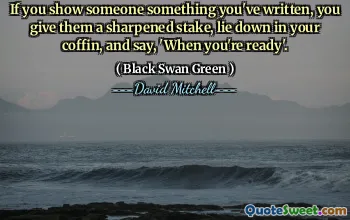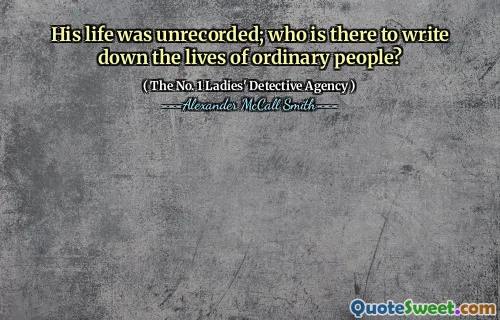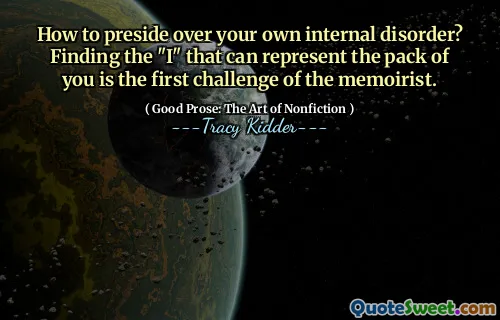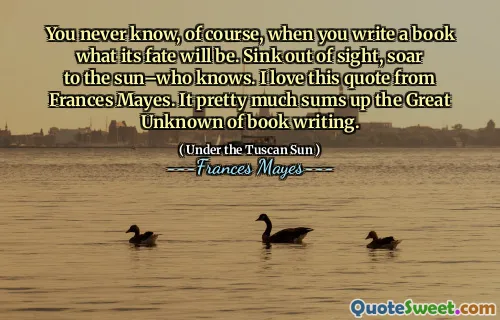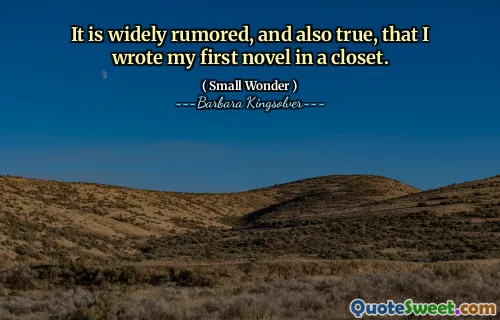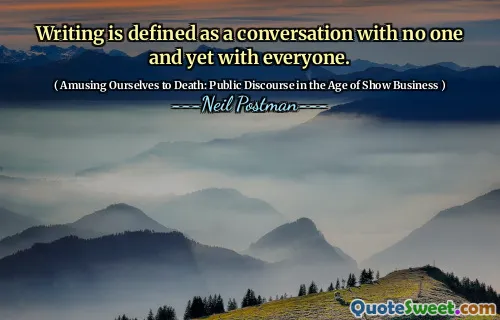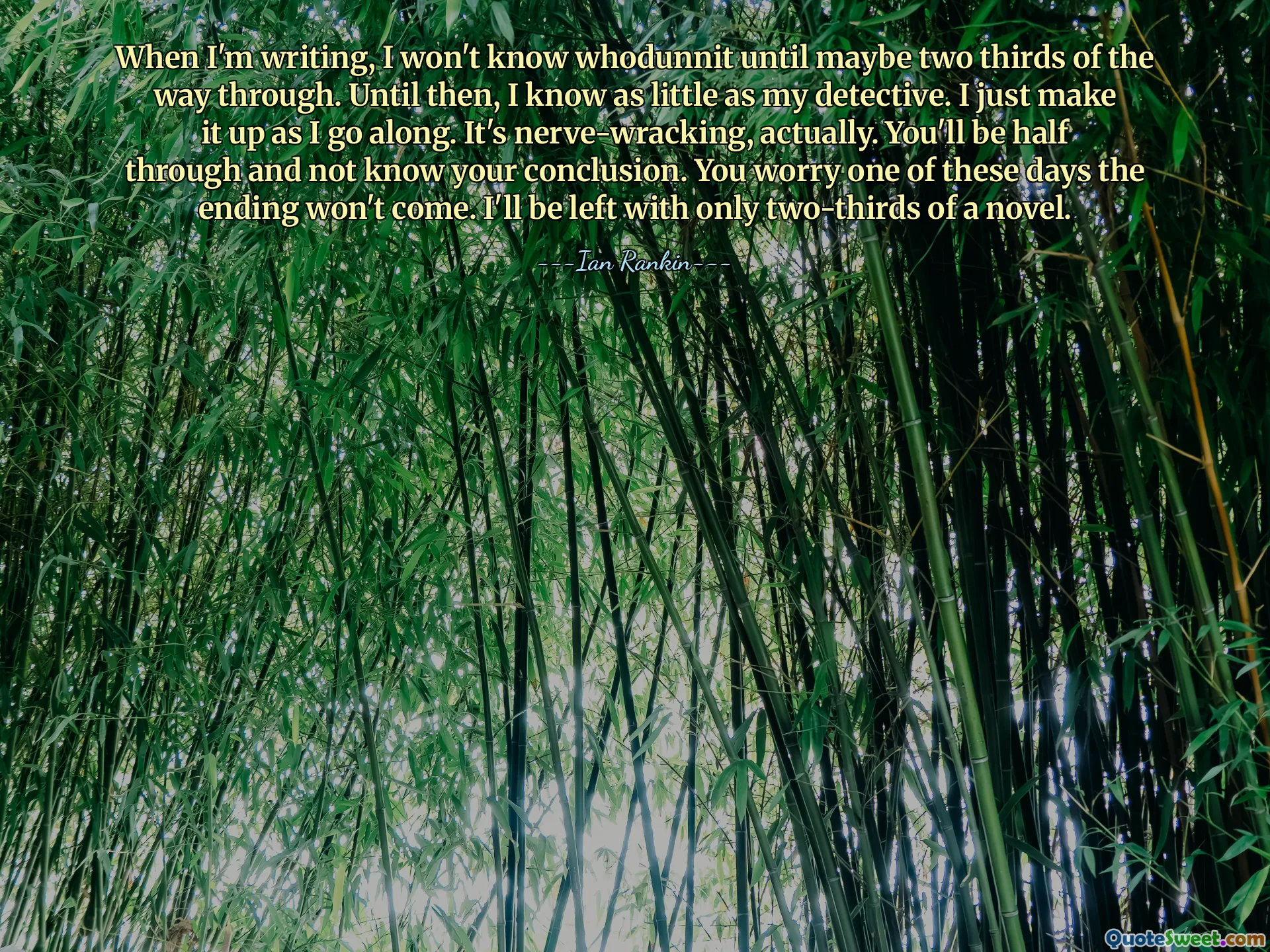
When I'm writing, I won't know whodunnit until maybe two thirds of the way through. Until then, I know as little as my detective. I just make it up as I go along. It's nerve-wracking, actually. You'll be half through and not know your conclusion. You worry one of these days the ending won't come. I'll be left with only two-thirds of a novel.
This quote offers a fascinating glimpse into the creative process of a writer, highlighting the unpredictable nature of storytelling, especially in mystery and detective genres. The act of not knowing the ultimate resolution until late in the writing journey mirrors the experience of a detective within a story, emphasizing a sense of discovery rather than pre-planning every detail. This organic approach can induce both anxiety and excitement. The writer's admission that they often don't know the ending until much later underscores how storytelling can be a process of exploration and intuition, rather than strictly following a predetermined outline. This method of writing fosters a sense of spontaneity, allowing the narrative to develop naturally, which often results in more authentic and engaging stories. However, the concern about potentially reaching the midpoint without a conclusion encapsulates the inherent risks of such an approach—worrying about losing direction or the story losing momentum. Despite these fears, the passion for discovery and the thrill of invention seem to outweigh the anxieties, capturing the essence of creative courage. Overall, the quote resonates with many writers' experiences, embodying both the challenges and the joys of creating from a place of uncertainty and trust in one’s instincts. It speaks to the broader idea that storytelling is an evolving art, requiring patience, flexibility, and a willingness to embrace the unknown for compelling results.






